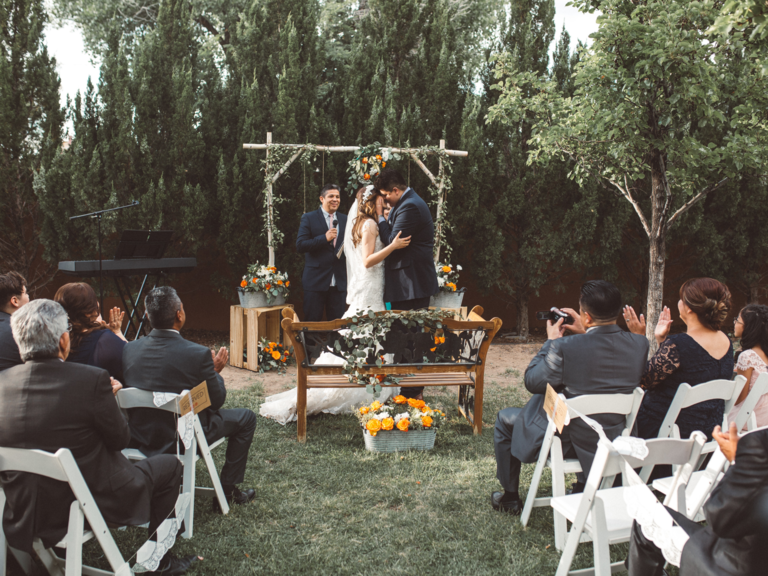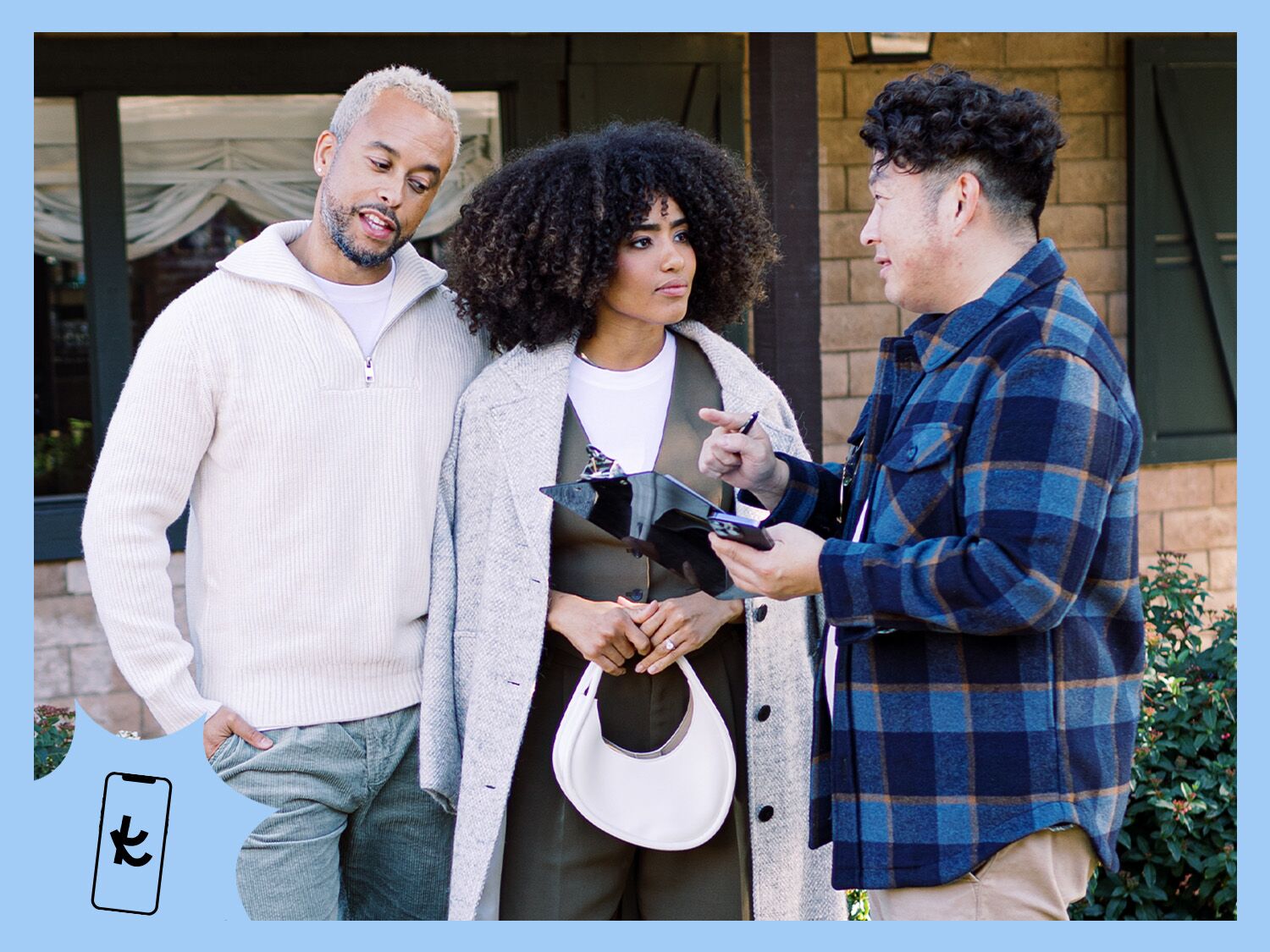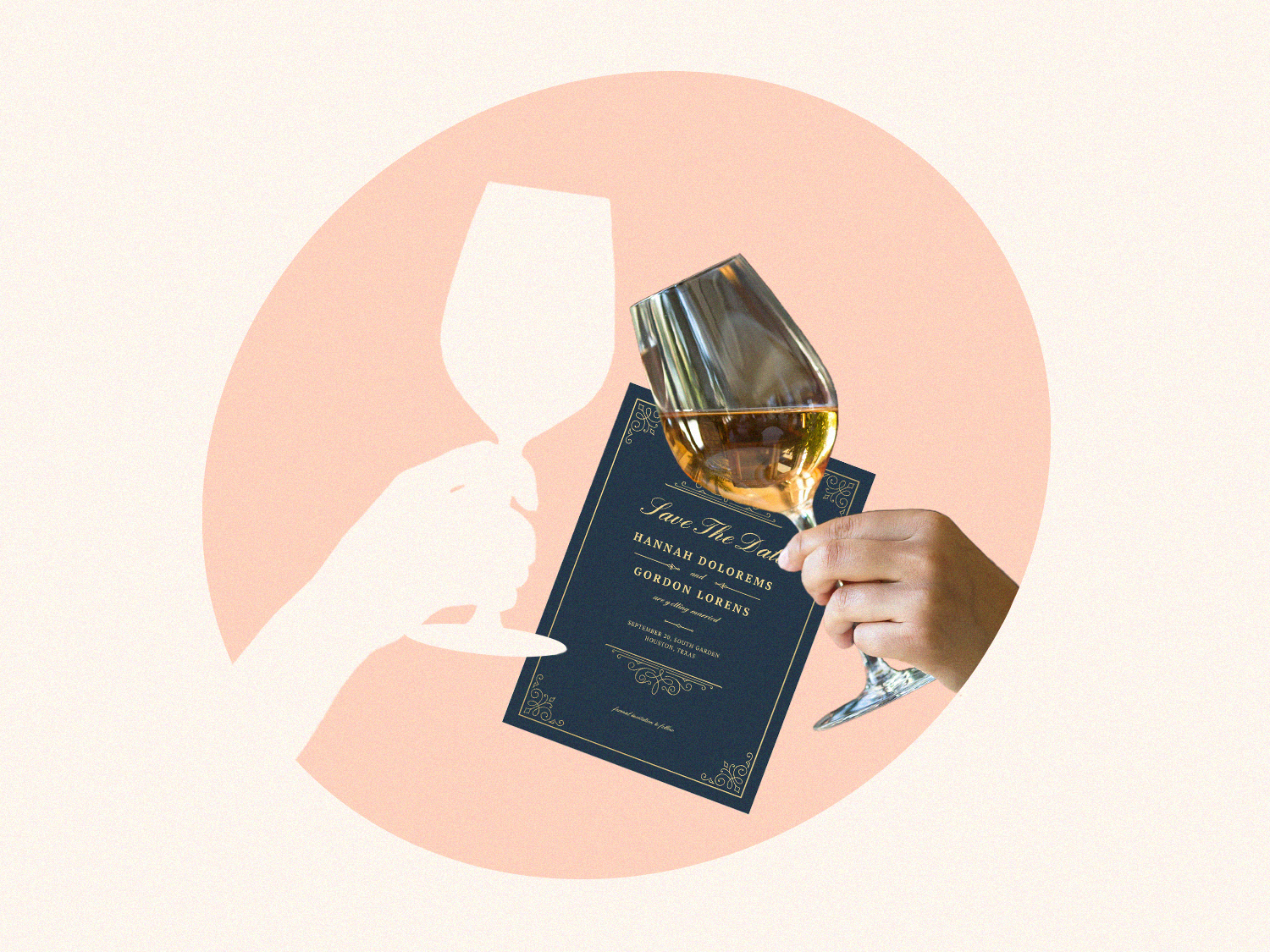How to Find a Bilingual Wedding Officiant Near You
Planning a multicultural wedding and/or a bilingual wedding is a beautiful way to celebrate your different cultures and backgrounds. After all, merging two lives is what weddings are all about. To ensure the wedding ceremony flows smoothly, hiring a great bilingual wedding officiant is essential. The tricky part? You guessed it: Finding a bilingual wedding officiant near you, but it doesn't have to be. Below, learn the answer to the pressing question: how do I find a bilingual wedding officiant near me, plus read expert tips on what to look for in a bilingual officiant and questions to ask before hiring one.
In this article:
What Is a Bilingual Wedding Officiant? | How to Find One | Benefits | What to Look For | Questions to Ask
What Is a Bilingual Wedding Officiant?
"A bilingual wedding officiant is someone who speaks, reads and writes two languages well and can seamlessly bridge two or more cultures and traditions into one cohesive wedding ceremony," explains wedding officiant Ria Roth.
How to Find a Bilingual Officiant Near You
Referrals are one of the best ways to find any wedding vendor, including a bilingual marriage officiant, which is why Roth recommends starting your search by asking friends and family members if they know of any. "Many of the couples who find me have been referred by someone who has either attended or hired me for their wedding," she says, adding that your wedding planner or other wedding vendors you're working with can also help with recommendations.
The internet is also your best friend when it comes to finding a bilingual wedding officiant near you. To do so, Roth recommends doing a Google search for "bilingual wedding officiant + your desired language + your area" to populate some options. For example, if you're based in Los Angeles and looking for a Spanish speaking wedding officiant near me, try searching: "bilingual wedding officiant Spanish Los Angeles."
Another great option? Look to vendor online marketplaces, such as The Knot Vendor Marketplace, which make it easy to search for a bilingual wedding officiant. Pro tip: Filter your search by your city or state to narrow down the options.
No matter how you find a wedding officiant, Roth recommends reading reviews about their work before reaching out and asking other wedding vendors if they have worked with them before and would recommend them.
Benefits of a Bilingual Wedding Officiant
So why have a bilingual wedding officiant in the first place? Learn the top benefits of hiring one below.
Celebrates Different Cultures
When partners come from different cultures, traditions or backgrounds, their wedding is a great opportunity to celebrate and honor where they each came from, Roth says. There are, of course, many ways to do this, such as via decorations, music and food options at the ceremony and reception, but there is something truly special about incorporating the two different languages each partner grew up speaking with their loved ones.
Makes Guests Feel Included
Having a bilingual wedding officiant is also a great way to make friends and family members feel recognized and included in the ceremony in festivities, especially if English is not their first language, Roth says.
Adds Uniqueness To The Wedding Ceremony
Blending two languages and cultures into one ceremony also adds a unique quality to the ceremony, making it more special and memorable for the couple and enjoyable and interesting for guests. "Collaborating with a bilingual officiant who can bring rituals and traditions from your respective backgrounds will make your wedding ceremony that much more authentic and unique to the two of you," Roth says.
What to Look For in a Bilingual Wedding Officiant
As with hiring any wedding vendor, there are specific things to look for in a bilingual wedding officiant to ensure they are the right fit for your wedding. Specifically, Roth recommends looking for these three main qualities.
Mastery of Both Languages
It's absolutely vital that a bilingual wedding officiant has a mastery of both languages. To ensure that they do, Roth recommends speaking to them in both languages to see how they respond and how comfortable and fluent they are in both languages. Furthermore, she also suggests asking the bilingual marriage officiant about their educational and experiential background with both languages and how they came to be bilingual to give you a better sense of their mastery.
Eagerness to Learn About Your Background
A great bilingual wedding officiant should be eager to get to know you and ask questions about you and your partner's background, cultural beliefs and favorite traditions to be able to incorporate those things into the wedding ceremony, Roth says. Why? Even if they are accustomed to performing wedding ceremonies in the two languages, you still want your wedding ceremony to be unique to you and include the things that are important to you as a couple.
Ability to Seamlessly Blend Both Languages
In addition to being masterful in both languages, the bilingual wedding officiant should also have a knack for blending the two languages into one ceremony. "One of the greatest compliments I can receive is to have someone say that my bilingual ceremony was seamless and flowed from one language to the next beautifully, while still feeling like one, beautiful ceremony," Roth says. To determine if they have this important skill, you can ask to see video clips or sample ceremony scripts of wedding ceremonies they've performed for couples in the past.
Questions to Ask a Bilingual Wedding Officiant
Not sure what questions to ask a wedding officiant before hiring them? Here are the two most important questions to ask a bilingual wedding officiant in particular.
Ask About Their Background and Experience
In addition to ensuring the bilingual wedding officiant has a mastery over both languages, Roth says it's also important to ask about their experience officiating bilingual and bicultural wedding ceremonies. "Inquire how many bilingual ceremonies they officiate in a year and how many they have officiated overall," she says.
That said, it is not just about the number of bilingual wedding ceremonies they have under their belt, it also comes down to finding a bilingual officiant who is passionate about what they do, as that will translate into the quality of their work. For this reason, Roth recommends asking them what inspired them to become a wedding officiant, their favorite parts of officiating ceremonies and why they enjoy performing bilingual weddings in particular.
Ask About Their Process
Blending two languages and cultures into one wedding ceremony is an art form in and of itself, so hiring a bilingual wedding officiant who is open to collaboration is key. This is why Roth recommends asking them what their process for working with you will be like, particularly around how the ceremony will be written and performed. "For example, I allow my couples to see the draft of their ceremony and to share feedback with me," she says. "I allow them to be involved in the process as much as they want to be."
Ideally, a bilingual wedding officiant's style should align with yours and they should be someone you feel comfortable collaborating with.
























